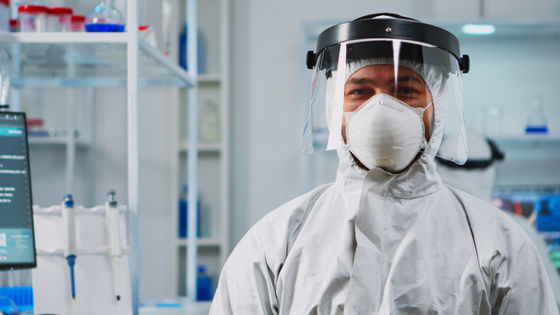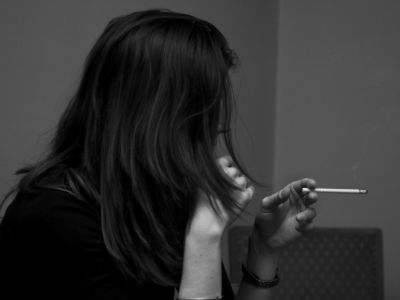If you don't understand as much as an expert, you should say 'I don't understand' and why?

The new coronavirus discovered in December 2019 was originally an unknown virus, so when experts and scholars appear on TV etc., it is often seen that 'I do not know what is clear yet'. Was done. Some people feel uneasy when an expert who should have been studying in the field for many years says 'I don't know', but various studies have shown that such an expert is more trusted. I am.
Why we trust experts – even when they admit they don't know the answer
The pandemic of the new coronavirus reminds us that a lack of confidence in science can sometimes lead to serious consequences. For example, a study conducted in the United States, where pandemic damage is most severe, shows that 'trust in science is an important factor in making a decision on whether to be vaccinated.' ..

According to Eric Gustafsson, a psychologist at the University of Portsmouth, England, whether people trust science depends on whether they can feel 'specialty,' 'compassion,' and 'honesty.' ..
Of the three, the basis for 'specialty' and 'compassion' is the German
On the other hand, the factor that lowered the credibility of science was the image that 'scientists are dependent on the providers of research funds, so they lack consideration for society and are not considerate.' It was to have. Therefore, the authors of the paper conclude, 'I think it is important to emphasize the purpose, interests, and values of scientists in order to combat distrustful injuries.'

And one of the factors of 'honesty' that leads to a sense of trust is the unexpected uncertainty, that is, the fact that it is not clear. Uncertainty is generally considered to damage the image, so when an expert provides information about a pandemic or a university spokesperson reports the results of a study in an article, It often happens that assertive expressions are made as if there were no uncertainty.
However, recent research has shown that uncertainties in expert statements do not lead to distrust. A 2018 study that analyzed the impact of advisor confidence on listeners found that confident and assertive advisors were more favorably evaluated, while choosing which advice to follow. When pressed, it was easier to choose the advice of an adviser who used expressions that were not affirmative, such as 'there is a high possibility.'
Gustafsson commented on these findings: 'In many cases, people rate'people who can admit that they don't have a clear answer'as honest and are willing to trust them. That is, they don't know. Admitting that 'I don't know' or admitting a mistake does not have a negative effect on trust, but rather is even beneficial. '
Related Posts:
in Science, Posted by log1l_ks







